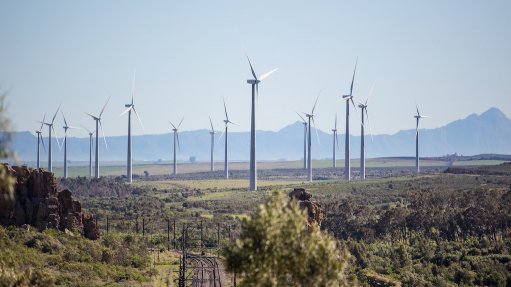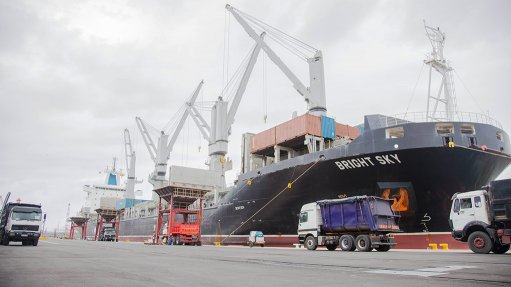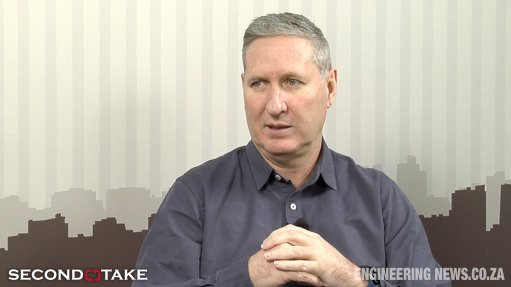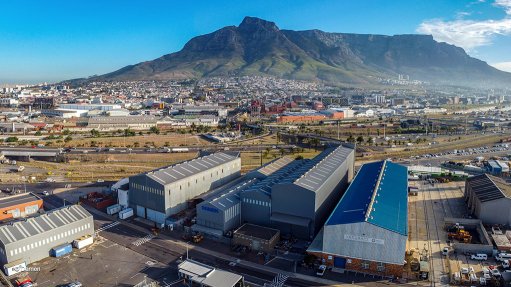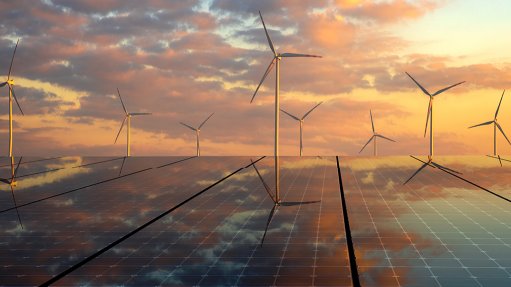Implementation of South Africa’s clean hydrogen ambition
In the throes of a global energy transformation, South Africa emerges as a prominent player, leveraging its abundant renewable resources, particularly solar and wind power, to unlock the potential of clean hydrogen production. This pivotal step represents a momentous leap towards achieving a sustainable and environmentally responsible energy future, one characterised by reduced reliance on fossil fuels and a minimised carbon footprint.
South Africa, through its clear policy position as espoused in its Hydrogen Society Roadmap, intends for green hydrogen to be a key driver for achieving sustainable economic development and growth. This comprehensive framework outlines strategic approaches and policy directions to mobilise resources and facilitate the transition towards a hydrogen-based economy. Specifically, the roadmap sets ambitious targets such as deploying 10 GW of electrolysis capacity by 2030, achieving yearly hydrogen production of 500 kilotons, and scaling up electrolysis capacity to 15 GW by 2040, tapping into both the export and domestic market in developing green hydrogen or derivative products. Recognising its broad potential, the roadmap identifies priority sectors for hydrogen application, including transport and industry, while acknowledging its future role in power generation.
President Cyril Ramaphosa’s keynote address at the second South African Green Hydrogen Summit in 2023, underscored the transformative potential of green hydrogen for South Africa’s economic growth and just energy transition. He estimated that the hydrogen economy could contribute 3.6% to the country’s GDP by 2050, creating about 370 000 jobs. Additionally, the president emphasised the global significance of green hydrogen in limiting global warming to below 1.5 °C, suggesting its potential to constitute 10% to 20% of the global energy mix.
The country’s Green Hydrogen Commercialisation Strategy, approved by the Cabinet in 2023, designates green hydrogen as a critical strategic sector, with the objective of attracting foreign and domestic direct investment and establishing the country as a global leader within this burgeoning industry. This prioritisation was further emphasised by Minister Kgosientsho Ramakgopa, during his address at the 2023 African Energy Chamber’s Hydrogen Summit, where he highlighted its pivotal role within South Africa’s energy strategy. The Green Hydrogen Commercialisation Strategy identifies some key low hanging fruit that is the catalyst for local green hydrogen production by the mining sector as the most promising early adopter of hydrogen for mobility at mines, and further the potential for sustainable aviation fuel using Sasol’s technology. A key element of the Green Hydrogen Commercialisation Strategy is to ensure that the legal framework for the production is clear and easily ascertainable for developers in the entire hydrogen value chain (from energy generation to the production, transport and handling of green hydrogen or its derivatives.) As such the strategy emphasises the need for policy and financial incentives to support South African developers and other companies in the value chain to effectively contribute to the development of this developing sector, thereby enabling the supply of locally sourced products. This approach is crucial for fostering a sustainable and competitive platinum group metals (PGMs) industry in South Africa, while also promoting the country’s position as a global leader in PGM production.
The Role of PGMs in the Hydrogen Economy
South Africa’s rich endowment of minerals, particularly PGMs, presents a significant strategic advantage in the global transition towards achieving net-zero carbon emissions. PGMs serve as critical components within electrolysers used for hydrogen production and catalysts employed in fuel cells. Further, ongoing advancements in PGM-based catalysts and other components for fuel cells and electrolysers position South Africa to become a key player within the global hydrogen economy.
In a landmark development for the clean energy sector, a strategic alliance between Anglo American Platinum, BMW Group South Africa and Sasol has culminated in the launch of the first pilot fleet of BMW iX5 Hydrogen fuel cell electric vehicles (FCEVs) on South African public roads. This historic initiative, announced during the inaugural Hydrogen Council’s regional meeting held in Johannesburg in February 2024, represents a significant step forward in demonstrating the viability of hydrogen fuel cell technology.
Each collaborator brings a distinct and critical element to the value chain. Anglo American Platinum leverages its expertise to supply the PGMs essential for both hydrogen production and its conversion back into electricity. BMW showcases the cutting-edge capabilities of the BMW iX5 FCEV in real-world driving conditions. Sasol contributes by providing the mobile refuelling system, a vital component for infrastructure development in the nascent hydrogen economy. This collaborative project signifies a pivotal moment for the South African automotive, mining and energy sectors, paving the way for a more sustainable future powered by clean hydrogen technology.
There are several other green hydrogen projects (at different scales) that are at different stages of development planning and will play a key role in South Africa becoming a cost-competitive producer of green hydrogen or derivative products (ammonia, e-methanol etc.). However, the biggest hurdle has been access to funding for the early development phases of these projects – although several development funding institutions have grant funding available for these early development phases, not all projects will qualify. Green hydrogen remains an important part of the decarbonisation efforts of the global economy, and Africa must not be left behind.
Comments
Press Office
Announcements
What's On
Subscribe to improve your user experience...
Option 1 (equivalent of R125 a month):
Receive a weekly copy of Creamer Media's Engineering News & Mining Weekly magazine
(print copy for those in South Africa and e-magazine for those outside of South Africa)
Receive daily email newsletters
Access to full search results
Access archive of magazine back copies
Access to Projects in Progress
Access to ONE Research Report of your choice in PDF format
Option 2 (equivalent of R375 a month):
All benefits from Option 1
PLUS
Access to Creamer Media's Research Channel Africa for ALL Research Reports, in PDF format, on various industrial and mining sectors
including Electricity; Water; Energy Transition; Hydrogen; Roads, Rail and Ports; Coal; Gold; Platinum; Battery Metals; etc.
Already a subscriber?
Forgotten your password?
Receive weekly copy of Creamer Media's Engineering News & Mining Weekly magazine (print copy for those in South Africa and e-magazine for those outside of South Africa)
➕
Recieve daily email newsletters
➕
Access to full search results
➕
Access archive of magazine back copies
➕
Access to Projects in Progress
➕
Access to ONE Research Report of your choice in PDF format
RESEARCH CHANNEL AFRICA
R4500 (equivalent of R375 a month)
SUBSCRIBEAll benefits from Option 1
➕
Access to Creamer Media's Research Channel Africa for ALL Research Reports on various industrial and mining sectors, in PDF format, including on:
Electricity
➕
Water
➕
Energy Transition
➕
Hydrogen
➕
Roads, Rail and Ports
➕
Coal
➕
Gold
➕
Platinum
➕
Battery Metals
➕
etc.
Receive all benefits from Option 1 or Option 2 delivered to numerous people at your company
➕
Multiple User names and Passwords for simultaneous log-ins
➕
Intranet integration access to all in your organisation











